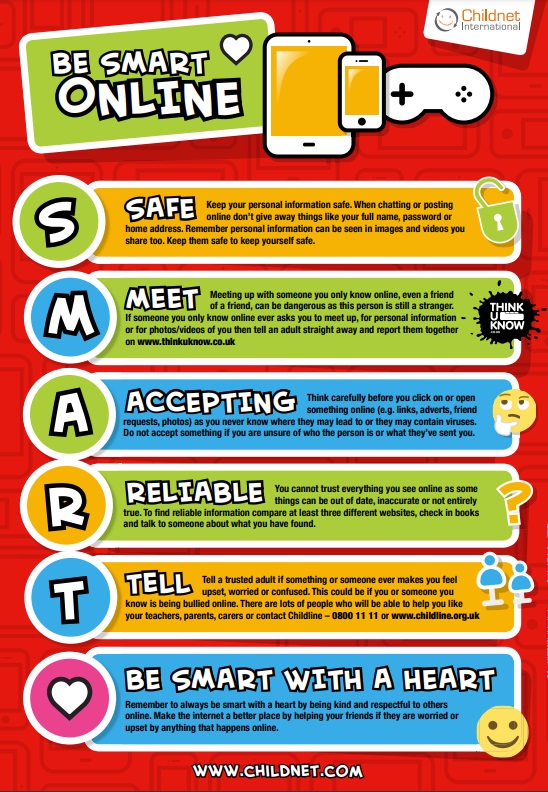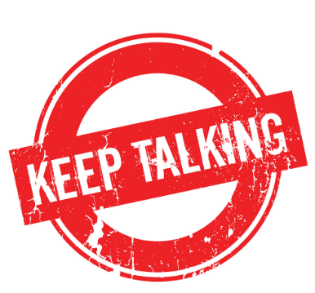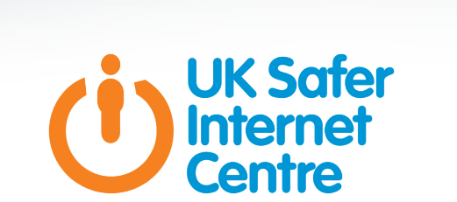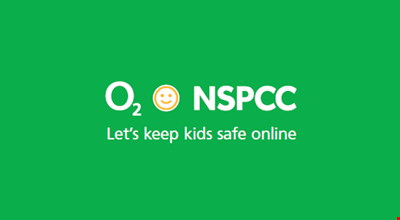Staying Safe Online
As a parent or carer you play a key role in helping your child to stay safe online. While we teach children explicitly about how to keep themselves safe while they are in school through our PSHCE and computing curriculums, it is really important that families are also aware of some of the challenges that the internet and social media can present.
You can read about what we set out to teach your children about staying safe online within our curriculum at Fishbourne here:
https://www.fishbourneprimary.co.uk/attachments/download.asp?file=598&type=pdf
and
https://www.fishbourneprimary.co.uk/attachments/download.asp?file=604&type=pdf
In school, we introduce the children to the acronym SMART:
S – Safe
Keep safe by being careful not to give out personal information when you’re chatting or posting online. Personal information includes your email address, phone number and password.
M – Meeting
Meeting someone you have only been in touch with online can be dangerous. Only do so with your parents’ or carers’ permission and even then only when they can be present. Remember online friends are still strangers even if you have been talking to them for a long time.
A – Accepting
Accepting emails, IM messages, or opening files, pictures or texts from people you don’t know or trust can lead to problems – they may contain viruses or nasty messages!
R – Reliable
Someone online might lie about who they are and information on the internet may not be true. Always check information with other websites, books or someone who knows. If you like chatting online it’s best to only chat to your real world friends and family.
T – Tell
Tell your parent, carer or a trusted adult if someone or something makes you feel uncomfortable or worried, or if you or someone you know is being bullied online.


It is really important to keep talking with your children about staying safe online. If you’re not sure where to begin, these conversation starter suggestions can help.
Ask your child to tell you about the sites they like to visit and what they enjoy doing online:
What games do you and your friends like to play online?
Can you show me the websites you visit most?
Shall we play your favourite game online together?
Ask them about how the stay safe online:
What tips do you they have for you and where did they learn them?
What is okay and not okay to share?
Ask them if they know where to go for help:
Where can they go to find the safety advice, privacy settings and how to report or block on the services they use?
Think about how you each use the internet.
What more could you do to use the internet together?
Are there activities you could enjoy together as a family?
Often these days, we worry about our children on the internet. We teach them a long list of dos and don’ts and hope they turn out to be effective communicators and responsible digital citizens. Is this the best approach? In a world where the internet permeates our lives, how do we keep our children from being too connected or not connected enough? What can we do to create a new digital citizenry that safely and effectively rules the internet? Dr. Devorah Heitner is the founder and director of Raising Digital Natives, a resource for parents and schools seeking advice on how help children thrive in a world of digital connectedness. She has produced a thought-provoking TED talk about the challenges of raising a digital native here: https://www.youtube.com/watch?v=eRQdAOrqvGg
There are lots of other super resources available for you to learn more and you don’t need to be an expert on the internet to help keep your child stay safe online!
 As a first port of call for learning more about ways to support your children to stay safe online, we highly recommend the work of the UK Safer Internet Centre. They have some super resources to support parents and carers in navigating new waters as they arise:
As a first port of call for learning more about ways to support your children to stay safe online, we highly recommend the work of the UK Safer Internet Centre. They have some super resources to support parents and carers in navigating new waters as they arise:
https://saferinternet.org.uk/guide-and-resource/parents-and-carers
 The NSPCC also offer a range of resources to support you through some of the parenting challenges associated with online safety:
The NSPCC also offer a range of resources to support you through some of the parenting challenges associated with online safety:
https://www.nspcc.org.uk/keeping-children-safe/online-safety/
If you are stuck, not sure what to do, or if you’re worried about your child, you can also contact the NSPCC trained helpline counsellors on 0808 800 5000.
We are always here to help in school too and so if you do have any worries or concerns about your child’s online wellbeing or safety, please do make us aware so we can put support into place.








